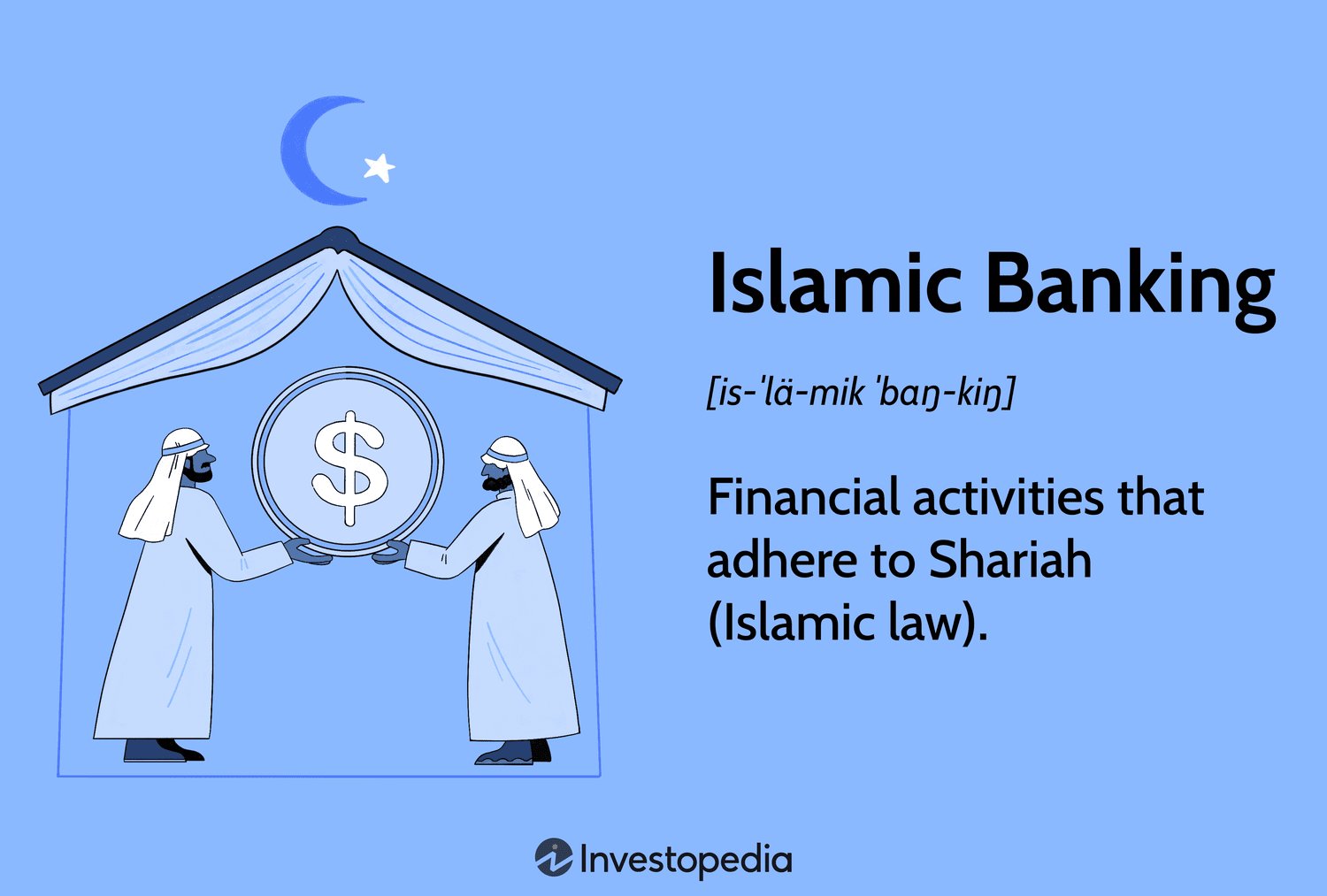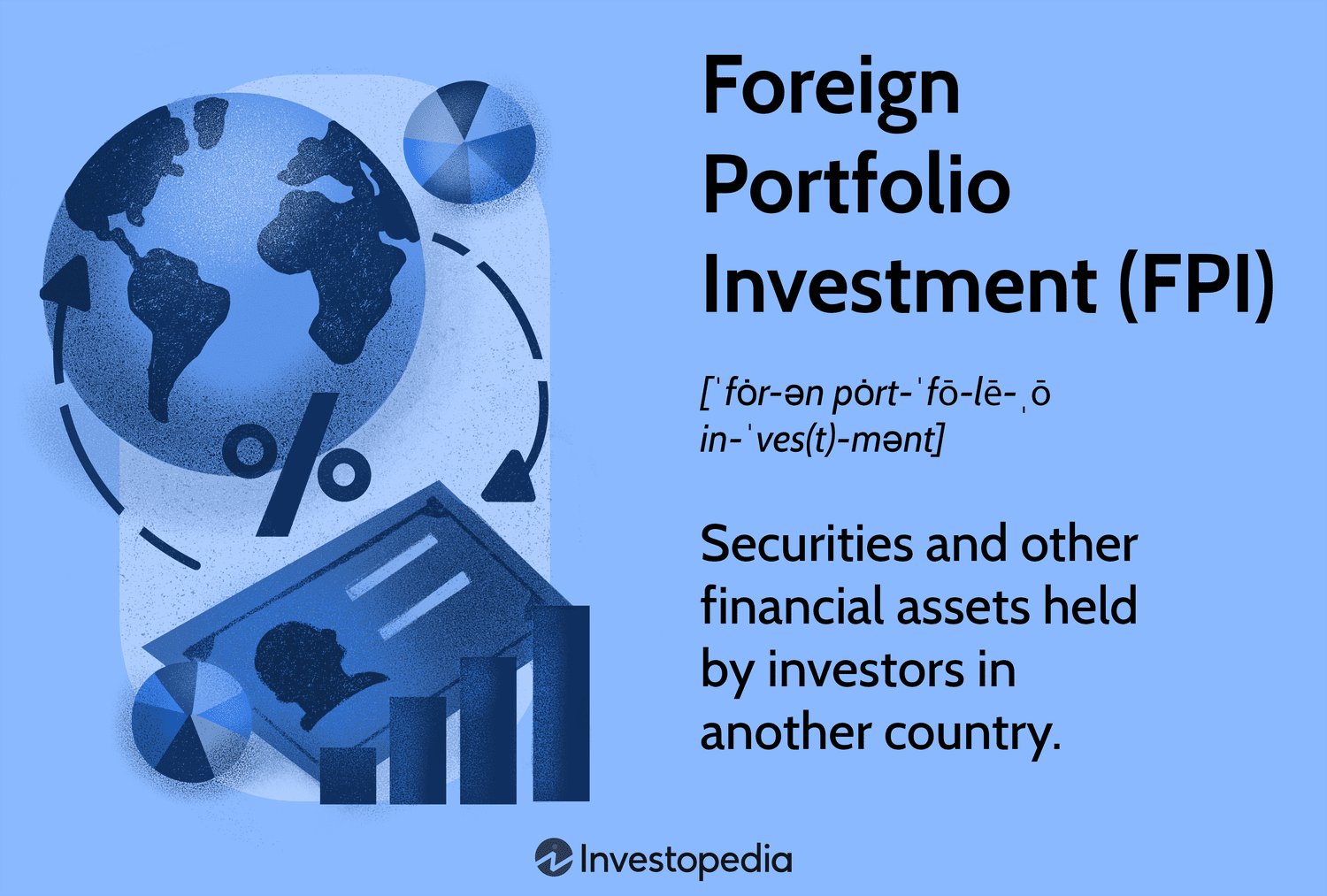Are you curious about what Islamic finance is and how it operates? Well, you’ve come to the right place! Islamic finance refers to a financial system that operates according to the principles of Islamic law, or Shariah. Unlike conventional finance, Islamic finance prohibits interest (riba) and promotes ethical and socially responsible investments. It is an intriguing and unique approach to finance that is gaining widespread recognition and popularity worldwide. In this article, we will delve into the core principles of Islamic finance and explore how they shape its practices and operations. So, let’s embark on this informative journey together!
What is Islamic Finance and Its Principles?
Islamic finance is a unique financial system that is rooted in the principles and teachings of Islamic law, also known as Shariah. It is a system that operates on the basis of fairness, justice, and ethical conduct. Unlike conventional finance, which focuses on maximizing profits, Islamic finance seeks to align financial transactions with religious beliefs and values.
Islamic finance is guided by a set of principles that govern various aspects of financial transactions, such as lending, investments, and contracts. These principles ensure that financial activities are conducted in a manner that promotes social justice, equality, and the well-being of society as a whole.
The Principles of Islamic Finance
1. Prohibition of Riba (Interest): One of the fundamental principles of Islamic finance is the prohibition of riba. Riba refers to the charging or receiving of interest on loans or debt. In Islamic finance, money is not considered a commodity that can generate profits on its own. Instead, financial transactions should be based on shared risk and reward, with the lender and borrower both sharing in the profits and losses of the investment.
2. Prohibition of Gharar (Uncertainty): Islamic finance prohibits transactions that involve excessive uncertainty or ambiguity. This principle aims to protect individuals from engaging in speculative and uncertain transactions that may lead to exploitation or unfairness. Contracts must be clear, transparent, and based on known variables to ensure a fair and just outcome.
3. Prohibition of Haram Activities: Islamic finance prohibits investments in activities that are considered haram (forbidden) in Islam. This includes businesses involved in gambling, alcohol, tobacco, pork, and other unethical or sinful activities. Investments should be directed towards sectors that are beneficial to society and promote ethical practices.
4. Prohibition of Maysir (Gambling): Islamic finance prohibits any form of gambling or speculative trading. Transactions should be based on real economic activities and tangible assets. This principle promotes stability and discourages excessive risk-taking within the financial system.
5. Promotion of Ethical Investments: Islamic finance encourages investments that promote social well-being and ethical values. Investments should contribute to the development of society, such as investments in healthcare, education, renewable energy, and infrastructure. It emphasizes the concept of “halal” (permissible) investments that align with ethical and moral principles.
6. Prohibition of Riba Al-Fadl (Unequal Exchange): This principle prohibits any transaction that involves an unequal exchange of goods or services. It aims to prevent exploitation and ensure fair trade. For example, exchanging a superior quality item for an inferior one is not permissible in Islamic finance.
7. Profit and Loss Sharing: Islamic finance promotes the concept of profit and loss sharing (PLS). This means that instead of charging fixed interest rates, financial institutions share in the risks and rewards of investments with their clients. PLS contracts, such as mudarabah (partnership) and musharakah (joint venture), allow for a more equitable distribution of profits and losses.
Application of Islamic Finance Principles
Islamic finance principles are applied in various financial products and services to meet the needs of individuals and businesses while adhering to Shariah principles. Some common Islamic financial products include:
1. Islamic Banking: Islamic banks operate based on the principles of Islamic finance. They offer a range of products such as Islamic savings accounts, financing for home purchase (murabahah), and Islamic credit cards. Islamic banks follow strict guidelines to ensure their operations are compliant with Shariah principles.
2. Islamic Insurance (Takaful): Takaful is an Islamic alternative to conventional insurance. It operates on the principle of mutual cooperation and shared responsibility, where participants contribute to a pool of funds to cover potential losses. This ensures that the concept of uncertainty (gharar) and excessive risk-taking are avoided.
3. Sukuk (Islamic Bonds): Sukuk are financial instruments that comply with Islamic principles. Instead of paying interest, sukuk represent ownership in an underlying asset or a project. Investors receive a share of profits generated by the asset or project, making it a form of investment rather than debt.
4. Islamic Mutual Funds: Islamic mutual funds invest in companies and assets that comply with Shariah principles. These funds offer investors the opportunity to invest in a diversified portfolio while adhering to their religious beliefs.
5. Islamic Microfinance: Islamic microfinance provides financial services to individuals and small businesses who may not have access to conventional banking. It operates based on Islamic finance principles, offering interest-free loans or profit-sharing arrangements to support economic development and empower marginalized communities.
Benefits of Islamic Finance
1. Ethical and Moral Standards: Islamic finance promotes ethical and moral standards in financial transactions by prohibiting investments in unethical activities. It aligns financial activities with religious beliefs and values, ensuring that investments contribute to the betterment of society.
2. Risk-Sharing: Unlike conventional finance where the burden of risk falls primarily on the borrower, Islamic finance promotes a fair distribution of risk and rewards between the parties involved. This fosters a more equitable financial system and encourages responsible lending and investment practices.
3. Financial Stability: The principles of Islamic finance discourage excessive risk-taking, speculation, and the creation of complex financial products. This contributes to financial stability by reducing the likelihood of financial crises and promoting sustainable economic growth.
4. Inclusive Financial Services: Islamic finance aims to provide inclusive financial services to individuals and businesses. It offers alternative financial products that cater to the diverse needs of different segments of society, including those who may be excluded or underserved by conventional banks.
5. Long-Term Focus: Islamic finance encourages investments in real economic activities and tangible assets, rather than speculative trading. This promotes a long-term focus on productive investments that contribute to economic development and sustainable growth.
In conclusion, Islamic finance is a financial system guided by Shariah principles that promote fairness, justice, and ethical conduct. It offers a unique alternative to conventional finance, aligning financial activities with religious beliefs and values. The principles of Islamic finance ensure that financial transactions are conducted in a manner that benefits society as a whole while avoiding exploitative practices. Through its adherence to ethical standards and risk-sharing principles, Islamic finance contributes to financial stability, inclusive financial services, and long-term economic development.
Introduction to Islamic Finance – Everything You NEED to Know!
Frequently Asked Questions
Frequently Asked Questions (FAQs)
What is Islamic finance and its principles?
Islamic finance refers to a financial system that operates in accordance with the principles of Islamic law, also known as Shariah. The principles guiding Islamic finance include prohibition of interest (riba), avoidance of uncertainty (gharar), adherence to ethical and moral standards, and sharing of risk and reward (profit and loss-sharing). Islamic finance promotes ethical and responsible financial transactions that align with Islamic values.
How does Islamic finance differ from conventional finance?
Islamic finance differs from conventional finance in several ways. Unlike conventional finance, Islamic finance prohibits the charging or paying of interest (riba). Instead, Islamic finance adopts profit and loss-sharing mechanisms such as Mudarabah (partnership) and Musharakah (joint venture), where returns are generated through shared business profits. Additionally, Islamic finance emphasizes ethical investments and avoids sectors that are considered non-compliant with Shariah principles, such as gambling, alcohol, and pork-related industries.
What are the main instruments used in Islamic finance?
Islamic finance employs various instruments to facilitate economic activities while complying with Shariah principles. Some of the main instruments used include:
1. Murabaha: A cost-plus-profit arrangement where the seller discloses the cost and markup to the buyer.
2. Ijarah: Leasing contracts in which the lessor retains ownership while the lessee enjoys the use of the asset.
3. Sukuk: Islamic finance equivalent of bonds, representing ownership in an underlying asset or project.
4. Takaful: Islamic insurance based on the principles of mutual assistance and shared responsibility.
5. Wakala: A contract in which one party acts as an agent for another, earning a fee for services provided.
How does Islamic finance promote ethical investments?
Islamic finance promotes ethical investments by adhering to Shariah-compliant business activities. Islamic principles prohibit investments in sectors such as gambling, alcohol, tobacco, weapons, and pork-related industries. Instead, Islamic finance encourages investments in industries that align with ethical and moral values, such as healthcare, education, renewable energy, and socially responsible projects.
What role does Shariah play in Islamic finance?
Shariah plays a crucial role in Islamic finance as it provides the framework for financial transactions and ensures they are compliant with Islamic principles. Shariah scholars, who are experts in Islamic law and finance, evaluate financial products and services to determine their compliance with Shariah. Their guidance and supervision help ensure that Islamic finance operates within the boundaries set by Islamic jurisprudence.
Is Islamic finance only for Muslims?
No, Islamic finance is not only for Muslims. While Islamic finance was initially developed to cater to the needs of Muslim individuals and organizations, it has gained popularity worldwide. Non-Muslims also find value in its ethical principles and risk-sharing features. Islamic finance offers an alternative mode of financing that can be adopted by anyone seeking ethical and socially responsible financial solutions.
How widespread is Islamic finance globally?
Islamic finance has experienced significant growth and global acceptance over the past few decades. It is now practiced in more than 60 countries, including both Muslim-majority nations and non-Muslim countries with sizable Muslim populations. Islamic financial institutions, such as banks, insurance companies, and investment firms, operate globally, providing a wide range of Shariah-compliant financial products and services.
What are the benefits of Islamic finance?
Some of the key benefits of Islamic finance include:
1. Ethical and responsible financial practices aligned with Islamic values.
2. Encouragement of risk-sharing and shared responsibility.
3. Promotion of real economic activities and discouragement of speculative behavior.
4. Focus on socially responsible investments that benefit communities and the environment.
5. Encouragement of transparency and fairness in financial transactions.
Please note that the information provided here is for general informational purposes only and should not be considered as financial or legal advice. It is always recommended to consult with a qualified professional for specific guidance on Islamic finance or any financial matter.
Final Thoughts
Islamic finance is a system that adheres to the principles of Shariah law, guiding financial transactions in a way that promotes fairness, justice, and ethical behavior. Its core principles include the prohibition of interest (riba) and the avoidance of uncertainty (gharar) and speculation (maysir). Instead, Islamic finance encourages risk-sharing partnerships (mudarabah) and asset-backed transactions (murabahah). These principles ensure that financial activities align with Islamic values, promoting economic stability and social justice. By incorporating ethical and responsible practices, Islamic finance offers an alternative financial system that is focused on community welfare and sustainable growth.



